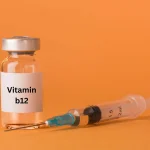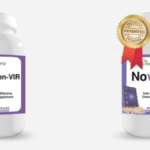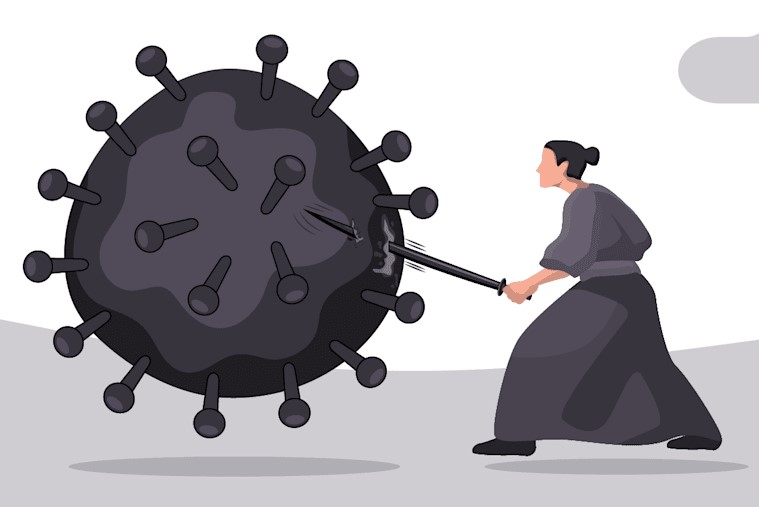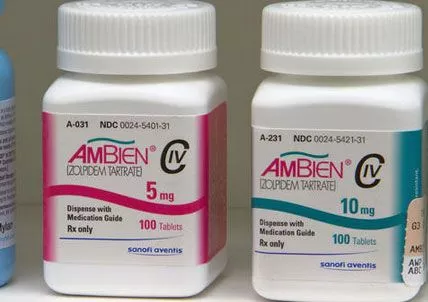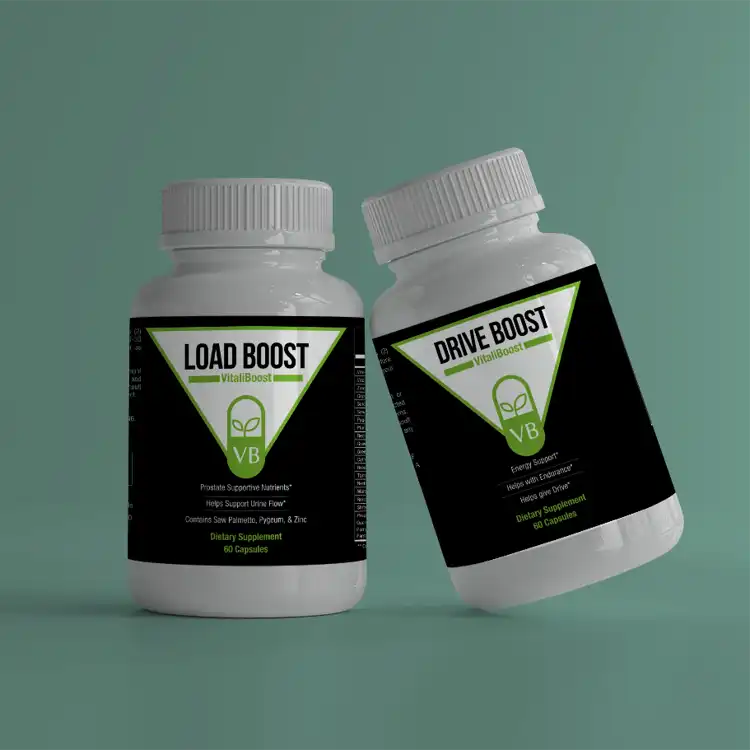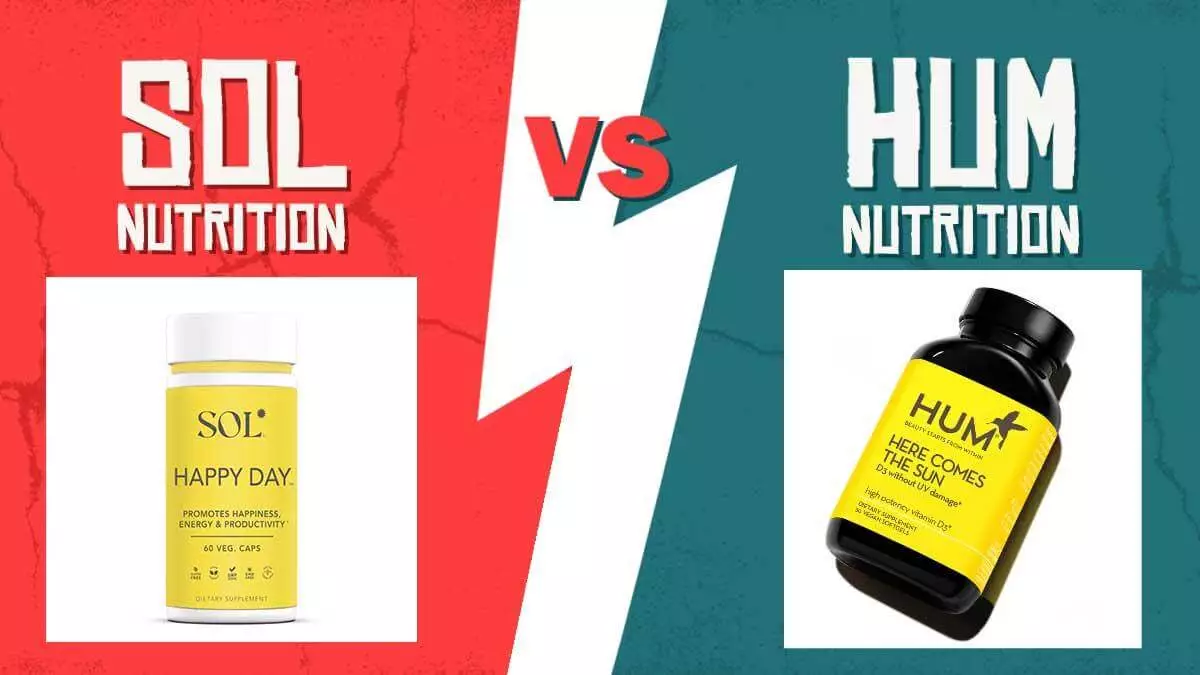Bariatric surgery today is considered the most effective method to control and treat cases of severe obesity. In addition to help with weight loss, its benefits include improving or curing chronic diseases like diabetes and hypertension.
However, in order to prevent or treat the nutritional deficiencies that may arise with the anatomical changes resulting from the surgical technique chosen, nutritional supplementation must be used in the post-bariatric diet.

How does bariatric surgery work?
One of the most commonly used techniques is Roux-en-Y gastric bypass.
This procedure decreases the size of the gastric cavity, limiting the amount of food that can be ingested, and also reduces the area of ??the gut that has contact with food.
Weight loss occurs both through reduction in food intake, nutrient malabsorption and physiological effect, through hormonal changes and signaling pathways in the central nervous system. It is now known that the physiological effect represents the most important mechanism for obesity-related weight loss and disease control.
The main nutrients that may not be absorbed correctly by the body in the diet following bariatric surgery are iron, thiamine, folic acid, calcium and vitamins A, B12, D, E and protein. Nutritional deficiency may occur depending on the surgical technique, nutritional status prior to surgery, and patient individuality.
The importance of dietary supplementation after bariatric surgery
For a body to be considered healthy, it needs various nutrients in specific amounts. Bariatric vitamins are also essential for various biological processes responsible for regulating body weight directly or indirectly.
These micronutrients help regulate appetite and hunger, carbohydrate and lipid metabolism, metabolic rate, nutrient absorption, adrenal and thyroid gland functions, neural activities and energy storage, among others.
Thus, the inclusion of nutritional supplementation in the diet after bariatric surgery should be standard procedure. This is because often the symptoms of these deficiencies go unnoticed; making the problem only noticed when it has already worsened.
Protein supplementation is another essential point, as well as vitamins and minerals, helps the patient to lose weight in a healthy way, in their well-being and quality of life.

Karen is a health blog author who has been writing about healthy living since 2013. She started her journey by adopting a vegan diet and eating only organic foods, but the more she learned, the more she realized that we should all be eating plant-based diets exclusively. As an expert in nutrition and wellness, Karen blogs to educate readers on how they can live happier and healthier lives through food choices!


